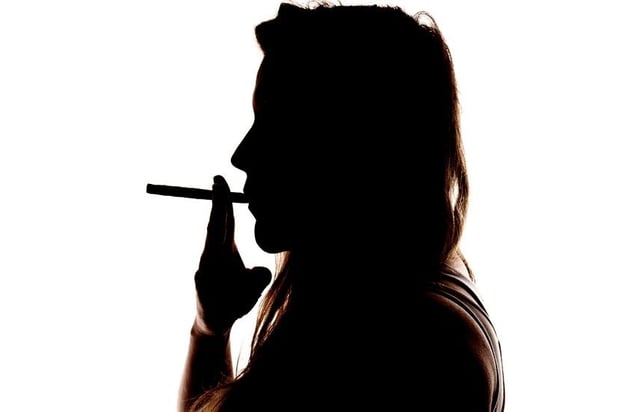With legalization on the rise, the stigma of cannabis use continues to evolve. As recently as 2017, 1 in 7 American adults reported marijuana use.
In both medical and sociopolitical communities, marijuana has remained a controversial health issue for decades. Some argue that it's a gateway drug that opens the path for more dangerous and reckless behavior. Others praise their physical and psychological health benefits.
That said, the relationship between marijuana and pregnancy remains somewhat complicated. Here's what all expecting mothers need to know.
How Many Women Use During Pregnancy?
It is hard to find exact statistics on this relationship, but the American Congress of Obstetricians and Gynecologists (ACOG) estimates that anywhere from 2 to 5 percent of women use marijuana while pregnant.
This figure is significantly higher in certain populations—especially among young, urban, and socioeconomically disadvantaged women. In this group, anywhere from 15 to 28 percent of women continue using while pregnant.
Medical marijuana can also complicate the pregnancy process. Many women use it to treat health conditions like seizure disorders, Chron's disease, and muscle spasms. However, you should consult with your doctor to evaluate the pros and cons of using medical marijuana during pregnancy.
What Does Research Show?
Unfortunately, there is not sufficient evidence on the relationship between marijuana, pregnancy, and the long-term impact on childhood development.
With that in mind, the CDC does warn that marijuana use during pregnancy can impair a baby's health. In general, they advise against using during this time.
While research does remain limited, there is some evidence showing that using marijuana may be attributed to:
- miscarriage and stillbirth
- health problems (low birth weight)
- development problems (due to carcinogenic chemicals similar to tobacco smoke)
- small length and small head circumference
- attention issues
Of course, it is challenging (if not impossible) to discern the exact consequences of marijuana use. Confounding variables, like the woman's lifestyle, other medications or substances, and the baby's overall health, can all play a role in development.
However, THC (tetrahydrocannabinol)—a psychoactive component of cannabis—may be considered a development neurotoxin. That means that children may struggle with impulse control, memory issues, and attention deficits due to maternal marijuana use.
Marijuana and Breastfeeding
Research on health risks with breastfeeding also remains limited. However, THC chemicals can be passed via breast milk. Because the body stores THC in fat cells, the baby may still be exposed even if you are not actively using marijuana.
Other Concerns
When your baby is in utero, he or she is utterly dependent on you for nutrients. That's why it's so essential to take prenatal vitamins, adhere to a healthy diet, and follow up with doctor recommendations for health care.
Women who smoke may also engage in dangerous behaviors like drinking alcohol or using other illicit substances. Any of these behaviors can cause severe damage to your baby's physical and emotional well-being.
Final Thoughts
Although legalization efforts have changed the psychological landscape of how we perceive marijuana use, the substance still has its risks. To date, most medical experts agree that it is not safe to use during pregnancy.
If you are pregnant and actively using, it is essential that you receive support during this time. You should consider reaching out to your doctor.
If you are trying to quit but are struggling to do so, you may benefit from entering a structured treatment program. Treatment can help you learn new ways to cope with your emotions without relying on marijuana during this time.
If you or someone you know is seeking help from addiction, please visit our directory of treatment centers or call 800-772-8219 to speak to a treatment specialist.








